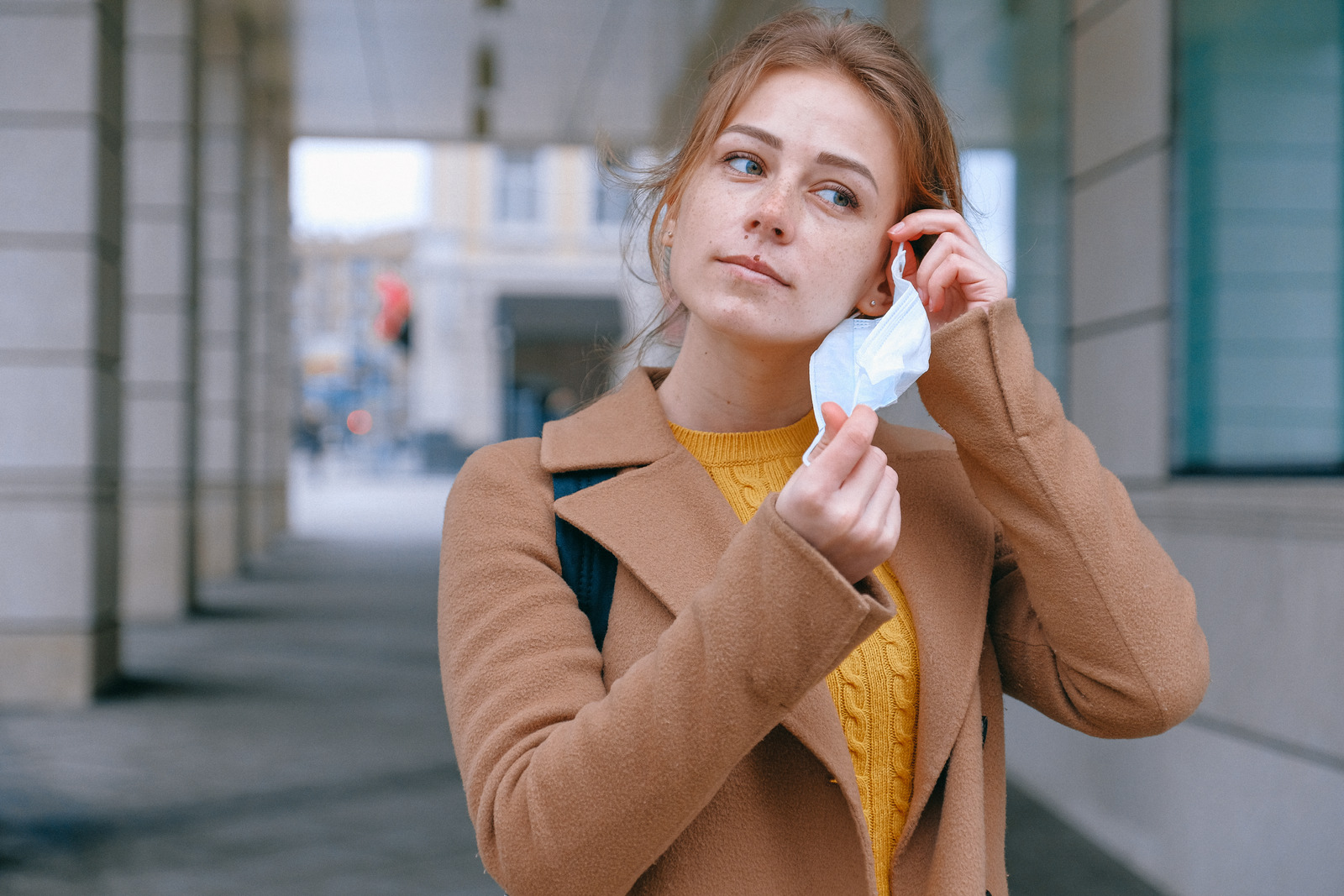How to Stay Safe During Coronavirus As the World Reopens
There seemed to be the idea during the shutdowns earlier in 2020 that when we all re-emerged, the threat of the coronavirus would be gone. That hasn’t proven to be true, even as there’s an attempt by states to carefully reopen.
Many states have mandated masks, and even still coronavirus has proven that it’s here to stay for the foreseeable future.
For many people that means returning to school, work, or everyday life, but with fear in the back of their mind about the virus.
While we do know more about coronavirus, and there are more effective treatments than there were in March, it’s still important to take steps to keep yourself safe and healthy, including the following tips:
The Basics
If you’re heading out for any reason, the best way to protect yourself is to avoid exposure to COVID-19. You can do that by wearing a face covering and keeping a distance of around six feet from other people, and particularly if there’s community spread of the virus where you live.
If someone seems sick or has symptoms, avoid being in close contact with them.
Wash your hands frequently with soap and water for a minimum of 20 seconds, and if you can’t do that, use a hand sanitizer with at least 60% alcohol.
Eating at a Restaurant
Restaurants and bars have faced a lot of scrutiny lately because there is some evidence that these are areas of coronavirus transmission. Some cities have either closed restaurants and bars or limited their service.
If you do want to eat at a restaurant right now, the best option aside from wearing a mask as much as you can is to ask for outdoor seating.
Outdoor virus transmission seems to be significantly lower than indoor transmission, based on the information currently available to us.
Choosing a bigger restaurant that’s enforcing social distancing is also helpful.
Places of Worship
If you’re going to be going to church or a place of worship, you should first ask if there are limitations on how many people will be there at once. Most places of worship are working to allow for social distancing at gatherings.
It’s best if you can attend services that are in larger spaces and are also well-ventilated.
Try to avoid touching anything that’s touched frequently, like books or collection plates or boxes.
Fitness Centers
Some locations still have gyms closed, but if you live somewhere that your gym is open, you should call first to see how many members can come in at once. Many gyms are letting members reserve advance blocks of time to work out so they can manage social distancing more effectively.
You should also check and see what your gym is doing as far as cleaning and sanitizing.
Even if your gym is sanitizing everything, still clean your equipment well, both before and after you use it.
For someone who is high-risk, it may be best to work out from home or do your workouts outdoors.
Grocery Store
If you are someone who’s high-risk or especially worried about coronavirus, you might order your groceries online and either have them delivered or pick them up outside the store.
If that’s not an option, try to visit the grocery store either very early in the morning or later in the evening when there are fewer people.
Stay at least six feet from people while you are grocery shopping, and use hand sanitizer regularly as you’re shopping.
Traveling
If you’re considering a return to travel, you’ll want to keep the same things in mind as you would anywhere else.
For example, how many shared spaces are you likely to be in during your travels?
Some travel options may be safer than others. For example, renting a private home may put you at a lower level of exposure than staying a hotel.
What To Think About Before You Go Out
Before you go anywhere, you want to think about how much interaction you’re likely to have with others. The more interactions you have, with the more people, and the longer those interactions, the greater your risks.
Indoor spaces are riskier than outdoor spaces.
If you’re high-risk, you should regularly check updates from your local health department, which will let you know the level of community spread where you live.
Finally, every time you head out, make sure you have a few things with you—a face covering, hand sanitizer, and tissues.

